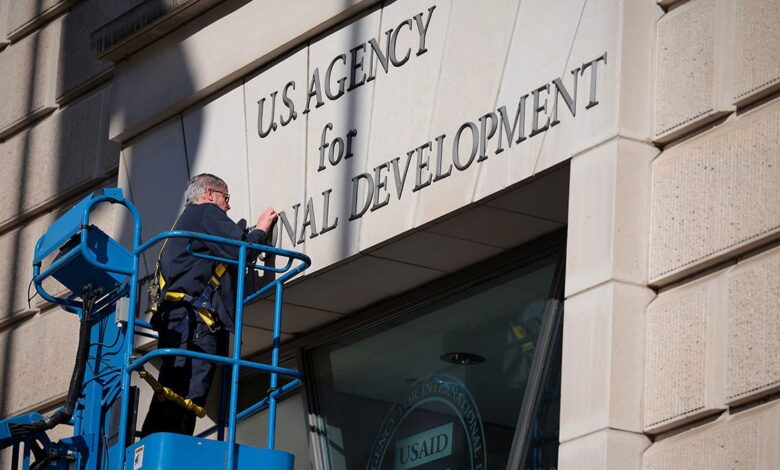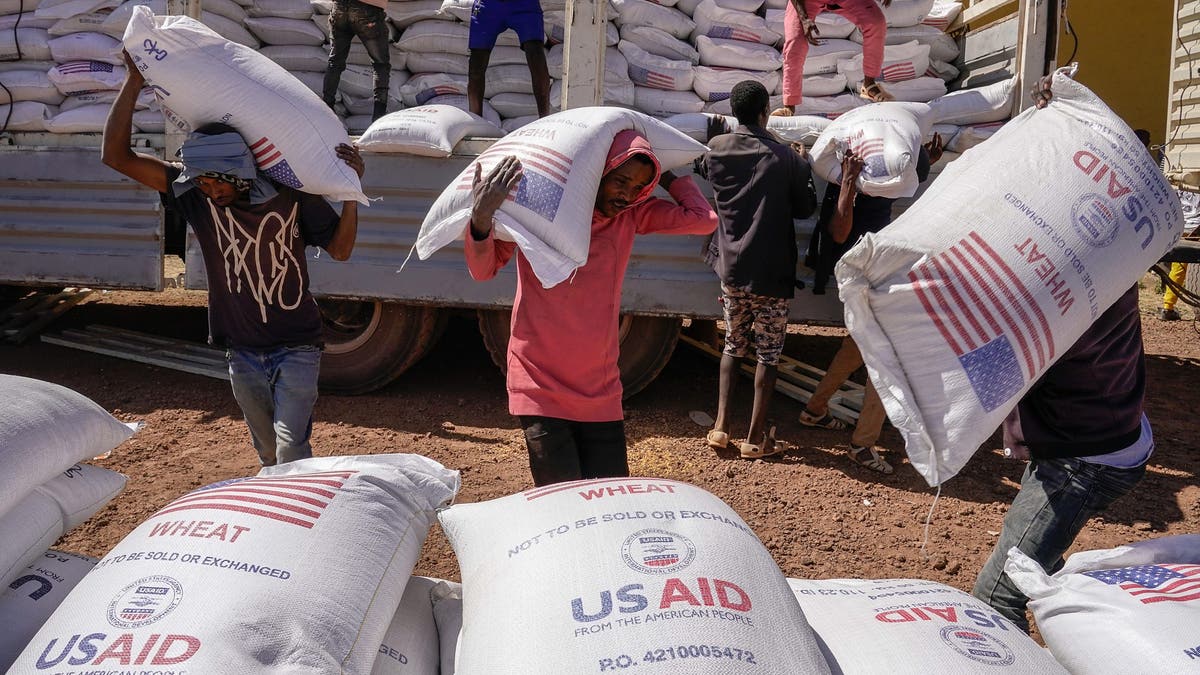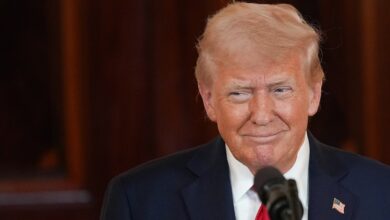Judge Amir Ali orders the Trump administration to pay $2 billion in USAID funds

A federal judge on Monday ordered the Trump administration to pay the remainder of foreign aid owed to contractors for completed work, noting in a new court ruling that the administration likely violated the separation of powers doctrine by “unlawfully impounding” nearly $2 billion in funds appropriated by Congress.
U.S. District Court Judge Amir Ali, a Biden appointee, said in the ruling that the Trump administration likely exceeded its Constitutional authorities in attempting to block the payments owed by the State Department and the U.S. Agency for International Development (USAID) to grant recipients and foreign aid contractors.
“Here, the executive has unilaterally deemed that funds Congress appropriated for foreign aid will not be spent,” Ali said.
“The executive not only claims his constitutional authority to determine how to spend appropriated funds, but usurps Congress’s exclusive authority to dictate whether the funds should be spent in the first place.”
SCOTUS RULES ON NEARLY $2 BILLION IN FROZEN USAID PAYMENTS
A worker removes the U.S. Agency for International Development sign on their headquarters on Feb. 07, 2025 in Washington, DC. (Kayla Bartkowski/Getty Images)
Ali said the limits of the case, which focuses solely on projects completed before Feb. 13, prevent him from ordering the administration to make payments on other work, or ordering the reinstatement of other contracts.
As of last Friday, that amount owed by the government stood at around $671 million. It is unclear whether additional payments have been made, though Ali ordered the plaintiffs to file a joint status report by March 14 appraising the court of the Trump administration’s compliance with the order.

President Donald Trump attempted to freeze USAID payments after billionaire Elon Musk’s Department of Government Efficiency (DOGE) flagged foreign aid spending as highly wasteful and fraudulent. (Brandon Bell/Getty Images)
Plaintiffs were also told to propose a schedule for next steps in this matter. “The Court is prepared to hold a prompt hearing at the request of the parties to address any feasibility concerns,” Ali said in the 48-page opinion.
Ali also dedicated a large portion of the 48-page ruling to arguments that the Trump administration likely usurped its executive authority under the Constitution in ordering a blanket freeze on nearly all foreign aid payments in a Jan. 20 executive order, and a memo just four days later that curtailed foreign aid funding and restructured existing contracts.
LAWSUIT TRACKER: NEW RESISTANCE BATTLING TRUMP’S SECOND TERM THROUGH ONSLAUGHT OF LAWSUITS TAKING AIM AT EOS

Volunteers at the Zanzalima Camp for Internally Displaced People unload 50 kilogram saks of Wheat flour that were a part of an aid delivery from USAID on December 17, 2021 in Bahir Dar, Ethiopia. (J. Countess/Getty Images)
Ali had previously ordered the Trump administration to pay all owed foreign aid funds for previously completed work, totaling $1.9 billion, by Feb. 26 at 11:59 p.m.
The Supreme Court took up the case for emergency review last week, but ruled 5-4 to reject the administration’s request to extend the freeze. Instead, the court remanded the case back to the D.C. federal court, and Ali to hash out the specifics of what must be paid, and when.
But the bulk of last week’s hearing in D.C. federal court, which stretched on for more than four hours, focused largely on the government’s role and review of all foreign aid contractors and grants, which Trump administration lawyers told Ali they had already completed and made final decisions for.
Lawyers were also pressed over whether the Trump administration can legally move to terminate projects whose funds are allocated and appropriated by Congress – something Ali referenced specifically in his ruling.
“The provision and administration of foreign aid has been a joint enterprise between our two political branches,” he said. “That partnership is built not out of convenience, but of constitutional necessity.”
These arguments – and the ruling from Ali – could eventually kick the issue back up to the Supreme Court, should the government move to appeal any part of the memo or the allegations.




